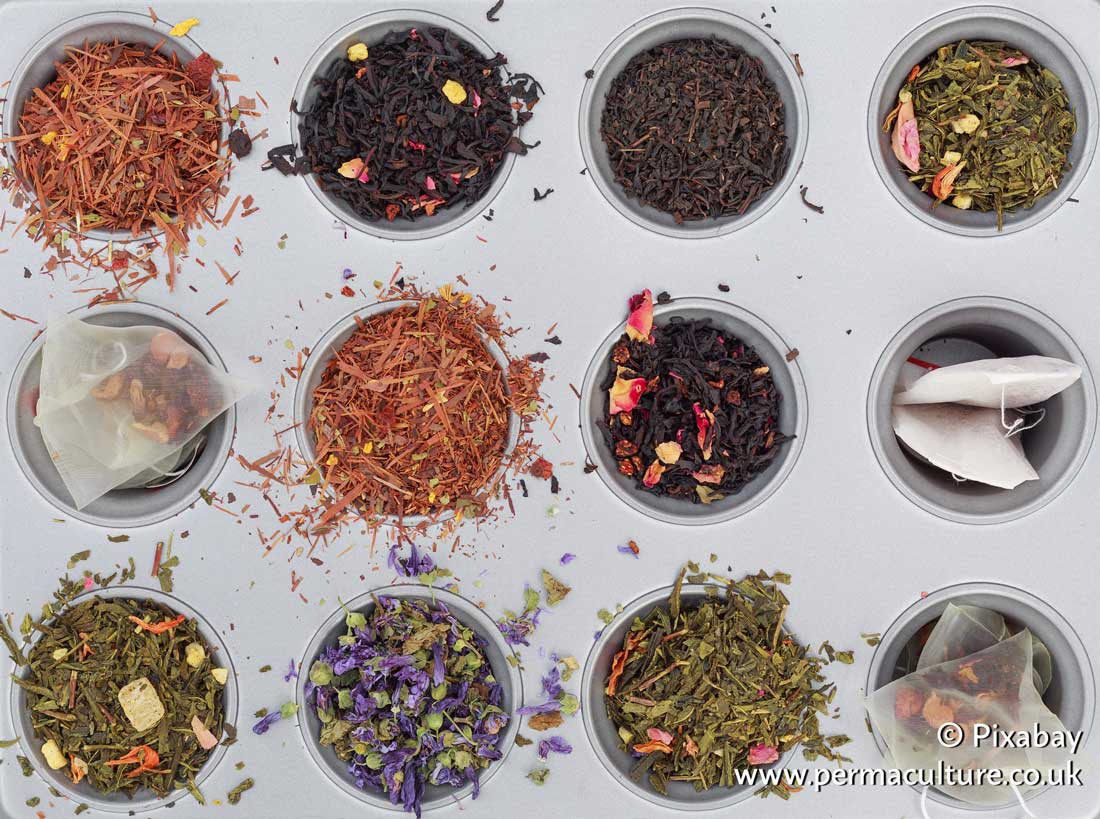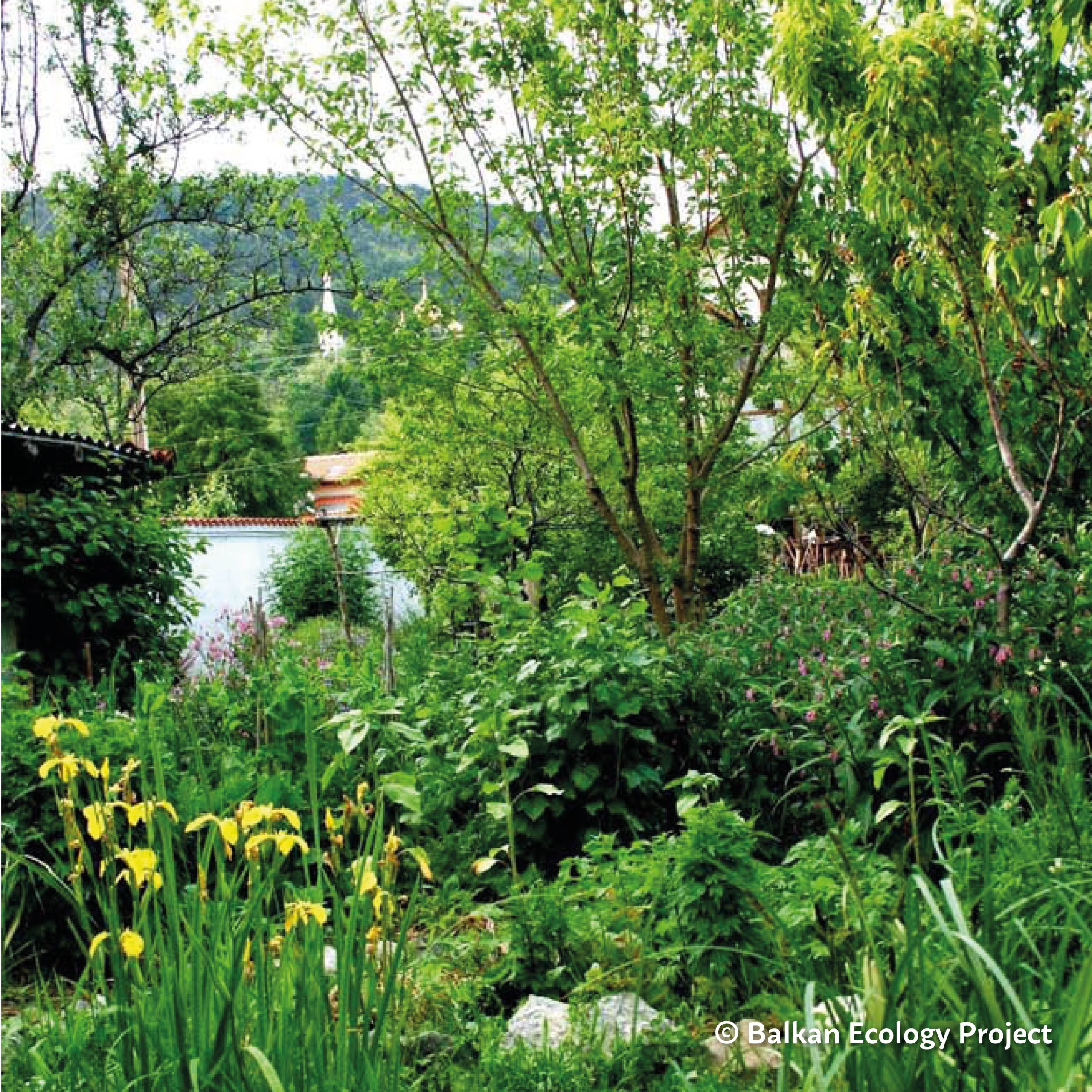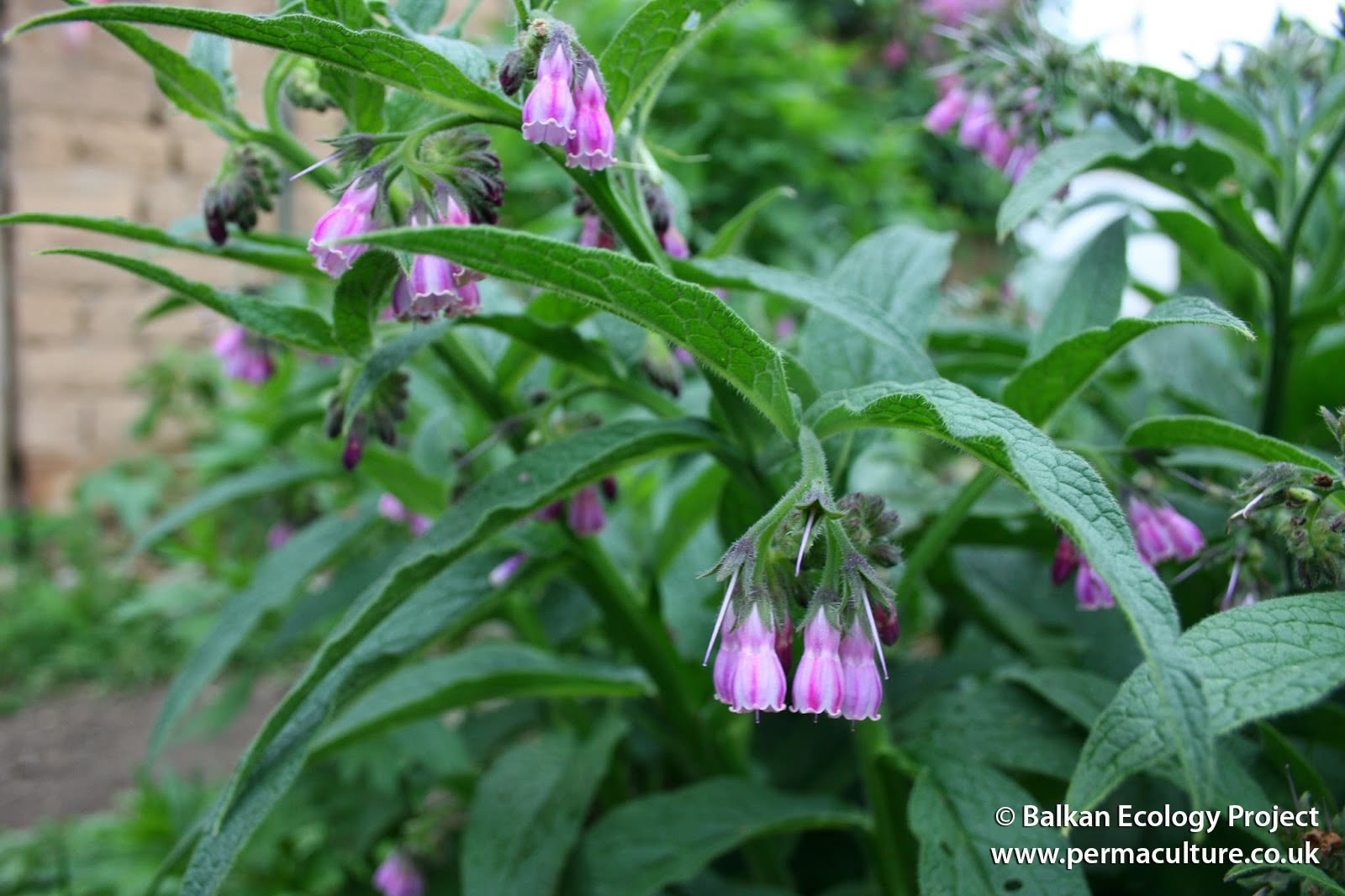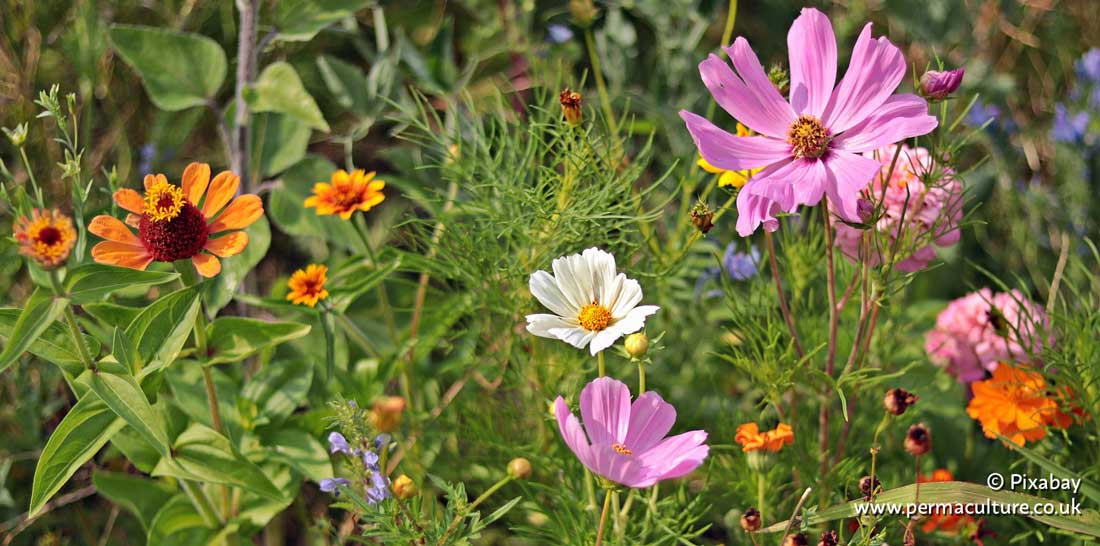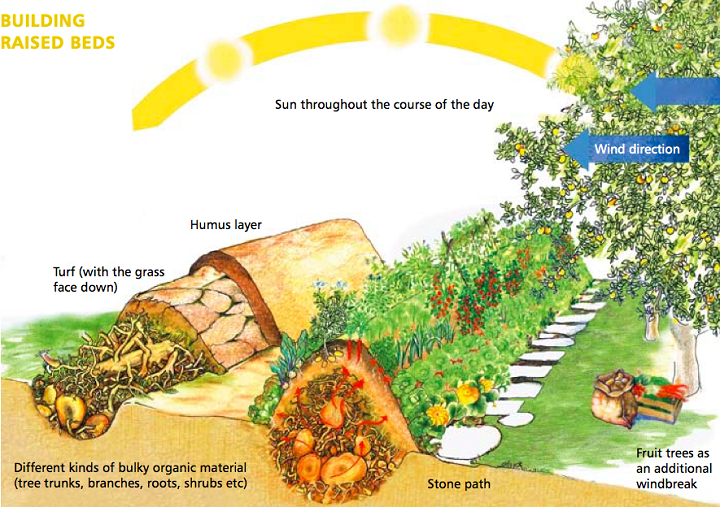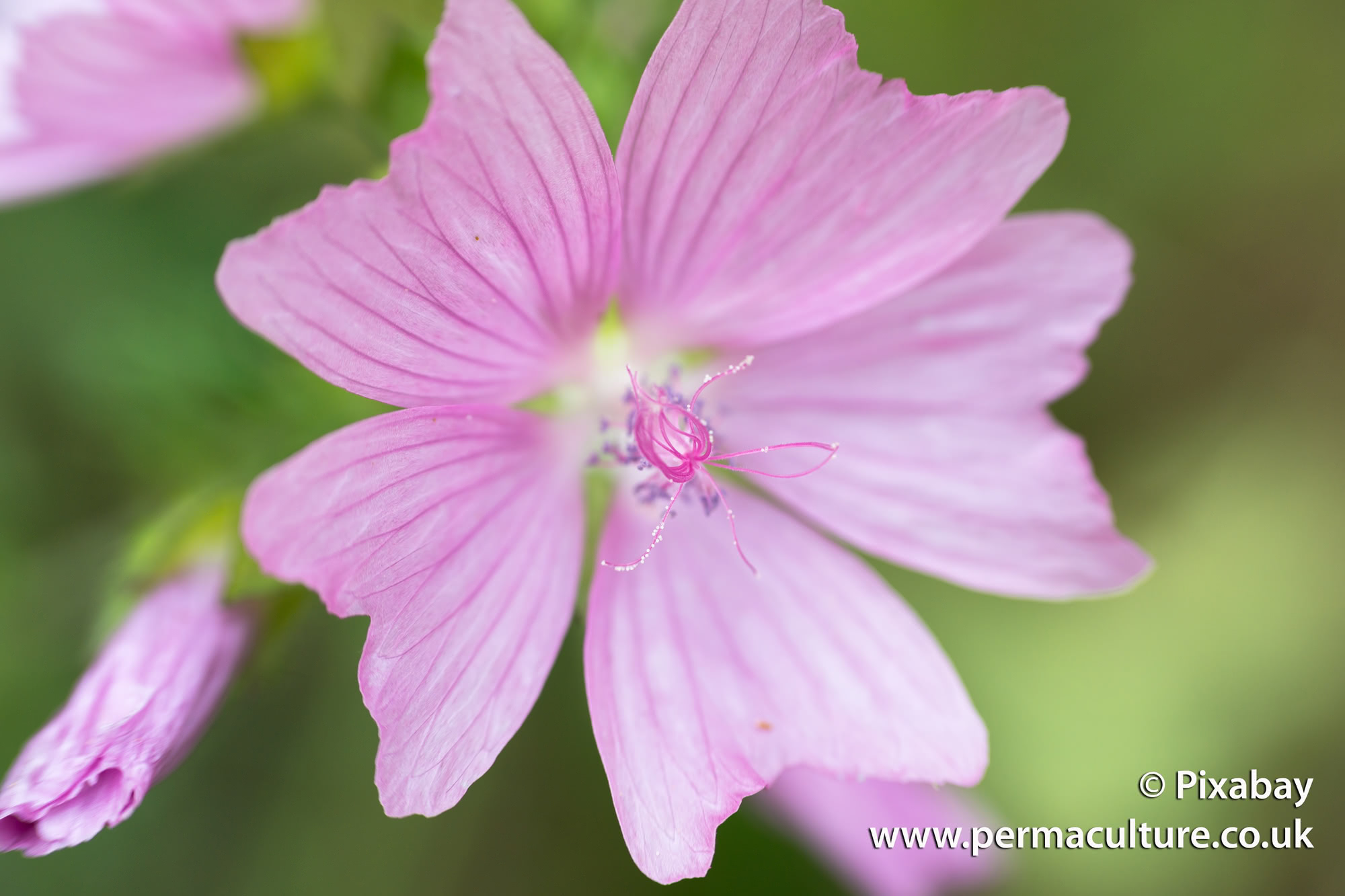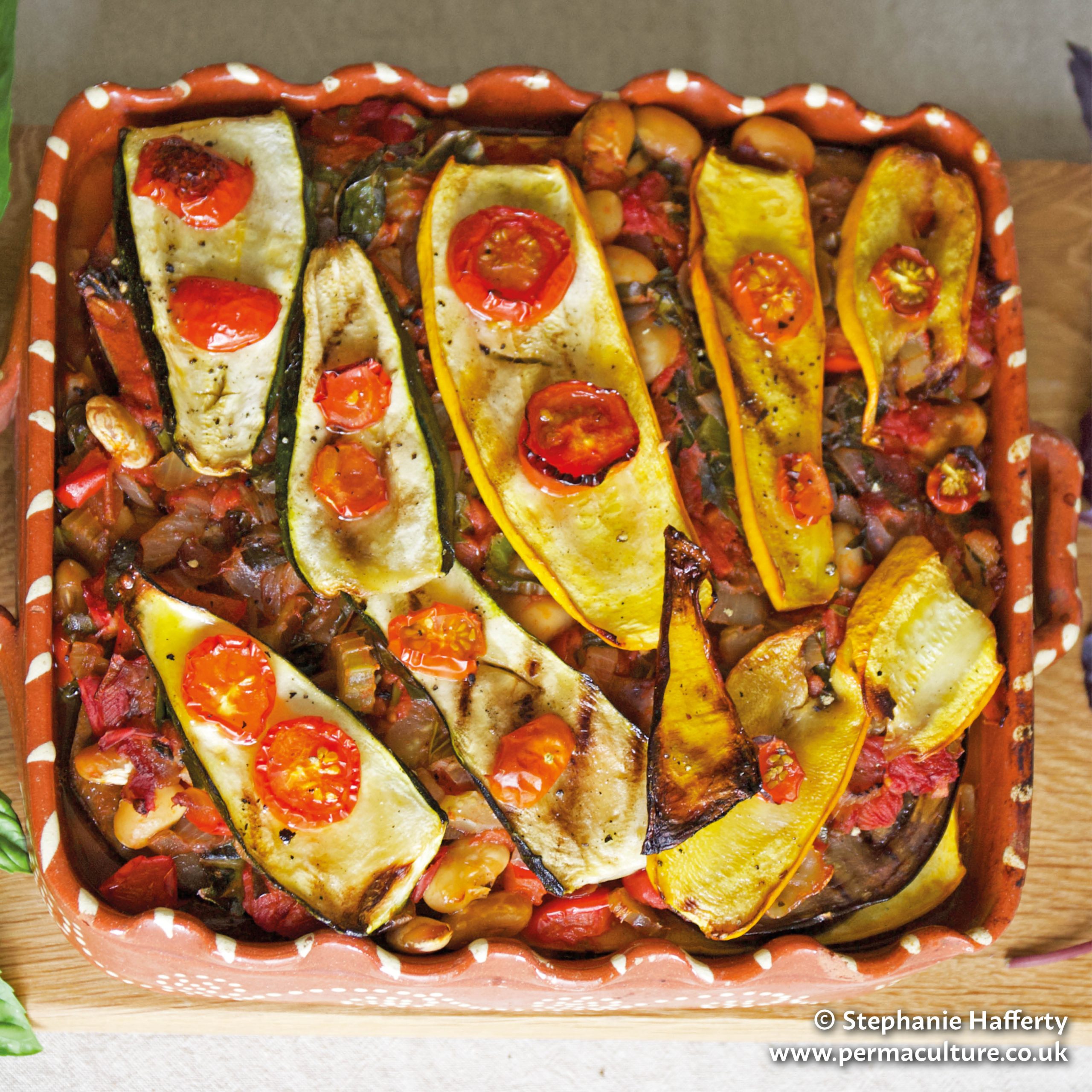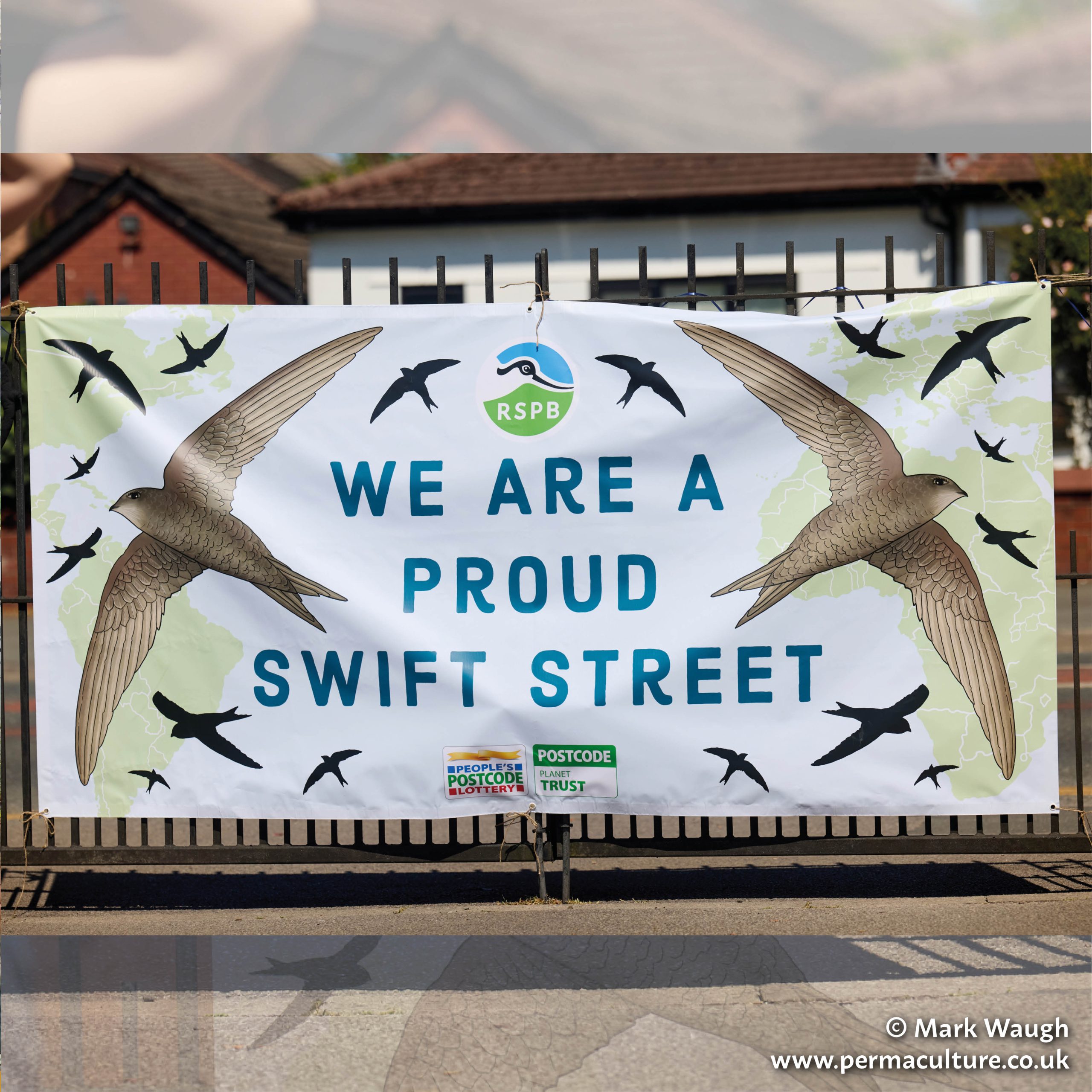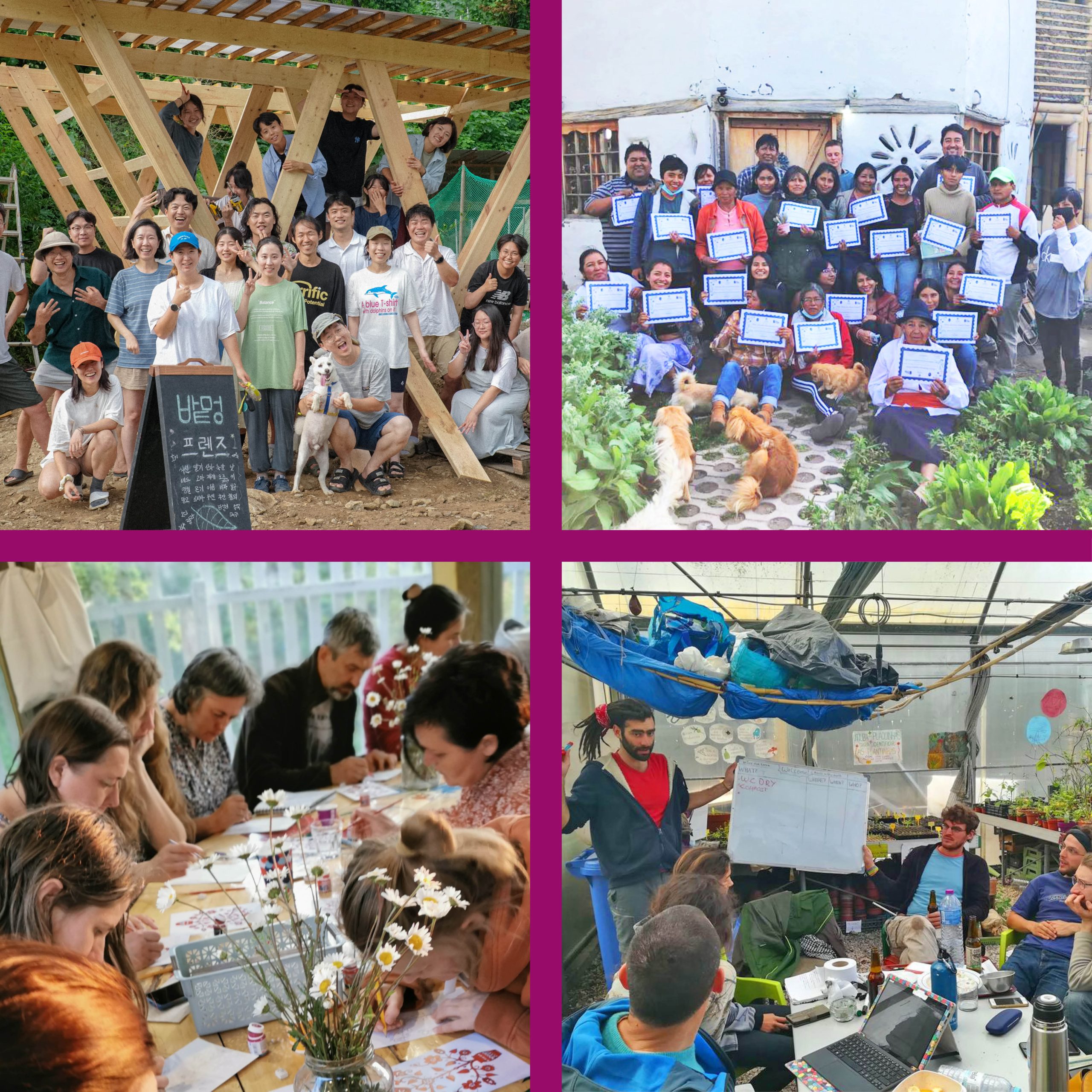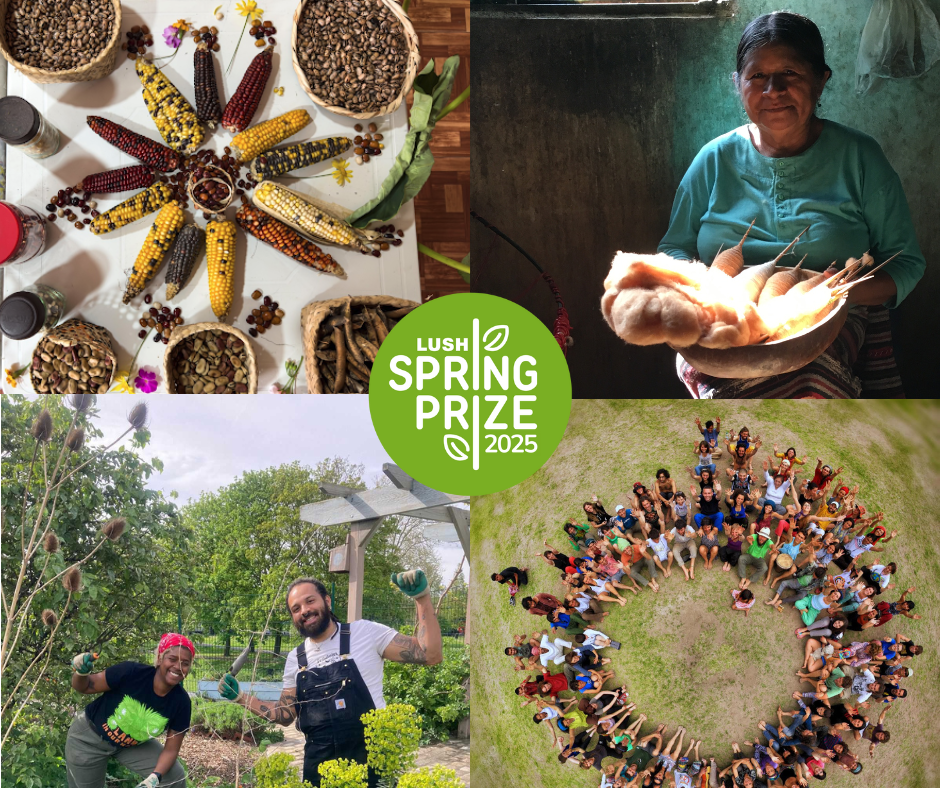The biennial Lush Spring Prize, with a fund of £225,000 for 2023, announce the 73 incredible regenerative projects that made the final shortlist. Each of these life-changing projects are transforming their communities and landscapes through permaculture, regeneration and holistic techniques, and many other methods.
The 2023 Lush Spring Prize received over 350 applications, being whittled down to a shortlist of 73 during the midwinter. The four main categories features 50 shortlisted applications, across the Intentional, Young, Established and Influence Spring Prize categories; and a further 11 applicants were shortlisted for the Permaculture Magazine Award (hosted in partnership with us here at Permaculture Magazine), and further 12 applicants were shortlisted for the Ancient and Indigenous Wisdom Award (hosted in partnership with Be The Earth Foundation).
Over 40 countries are represented in the final shortlist with applications from every continent except Antarctica.
The shortlist is diverse, covering multiple bioregions and demonstrating many different approaches to regenerative design and work. These can all be explored on the Spring Prize website: springprize.org
The LUSH Spring Prize is a joint venture between LUSH Cosmetics and Ethical Consumer and is now in its fifth prize cycle, having started in 2017. At the end of the 2023 prize cycle, the Spring Prize will have distributed more than £1 million to regenerative projects worldwide.
The LUSH Spring Prize was set up to support ‘regenerative’ projects – those that go beyond sustainability by taking holistic approaches to building the health of ecology, economy and social systems. It seeks to support those who are leaving the world lusher than they found it, and are actively restoring all the systems they are part of.
By supporting regenerative projects the Spring Prize hopes to raise the profile of the movement as a whole to inspire more individuals, groups, communities, funders, media platforms and businesses to start engaging with regenerative processes.
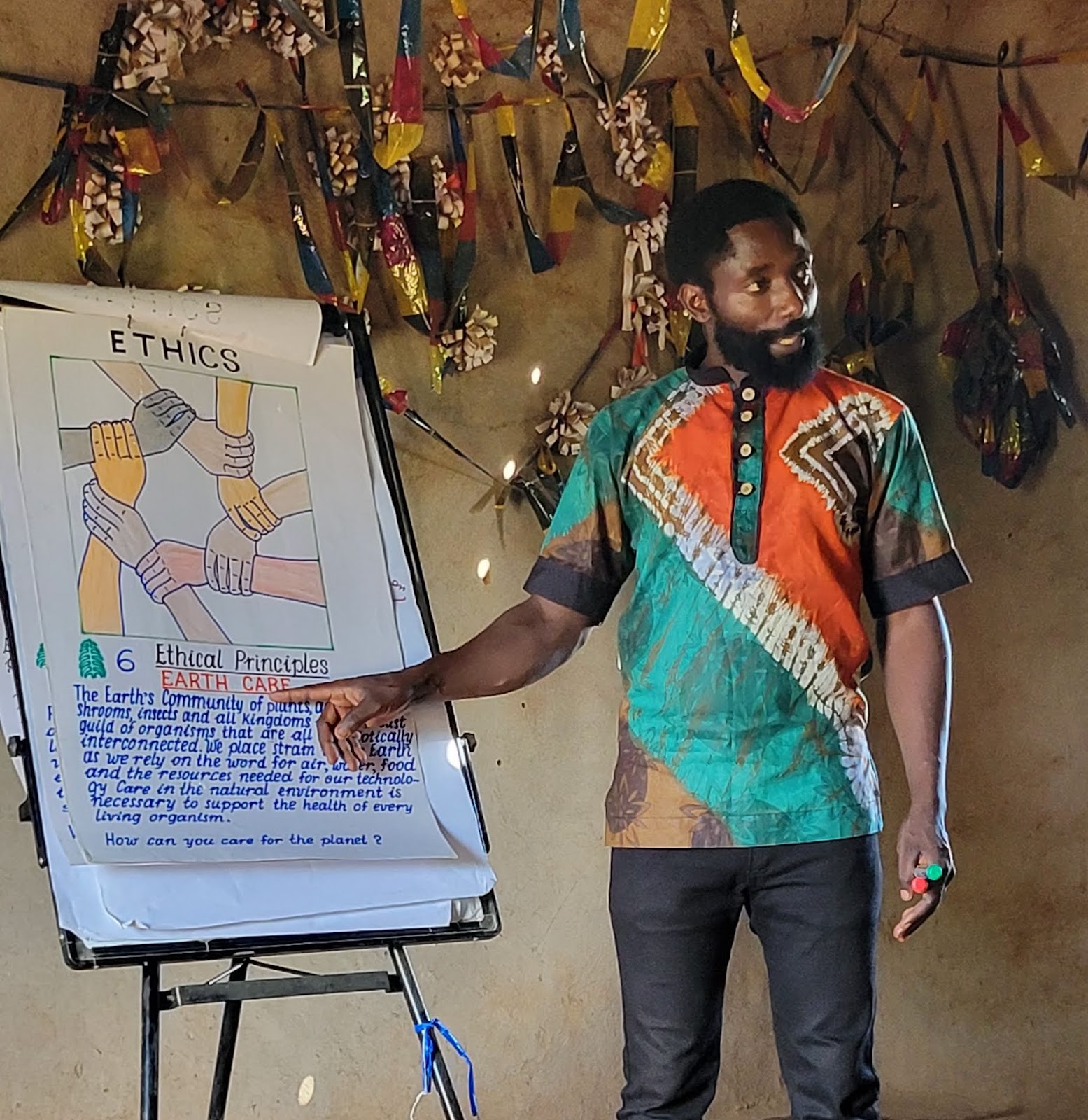
Many shortlisted projects are being led and shaped by the communities they serve. Despite many working on a relatively small scale, as a whole they respond to global challenges and their ripple effects e.g. the climate emergency, the COVID-19 pandemic and the war in Ukraine’s impact in Europe and much of the Global South.
Indigenous groups living across the Amazon bioregion are on the frontlines defending rainforests from fossil fuel companies, while many organisations across the world are using regenerative practices to build health and resilience in the face of the climate crises and the impacts that are already being felt.
The COVID-19 pandemic delayed important work and put many communities at significant risk. Many of the shortlisted projects, despite having a core focus on environmental regeneration, have woven responses to this into their work. From setting up community health centres based on alternative currencies, barter, or solidarity economies, through to supporting people struggling with mental health challenges. They understand and demonstrate the interconnection between caring for people and caring for the planet.
Project applicants in Palestine and Ukraine are both directly impacted and responding to occupation and conflict. However, the Russian war in Ukraine is also having devastating impacts on the food security of communities across Africa, particularly those already experiencing displacement and climate impacts.
Despite these huge challenges every project on the shortlist is demonstrating an alternative to climate disaster, to ecological breakdown, to conflict and to inequality. Together they offer a story of hope, resilience and holistic practical action. They are re-developing ways to live in harmony with nature and each other. They are generating renewable resources, restoring ecosystems, nurturing solidarity and building health, wholeness and resilience. They are bringing life back to damaged land and oceans, and reversing silent springs.
The 2023 Spring Prize welcomed applications in four core categories, whilst also hosting two additional collaborative prizes in partnership with Permaculture Magazine and Be The Earth Foundation.
This category is for great new ideas and projects up to 1 year old. This prize is for individuals, communities, aspiring businesses or newly formed groups and organisations to help establish a strong foundation from which to grow. There are at least four prizes in this category, with each being awarded £10,000.
An example of an organisation shortlisted in the Intentional category is:
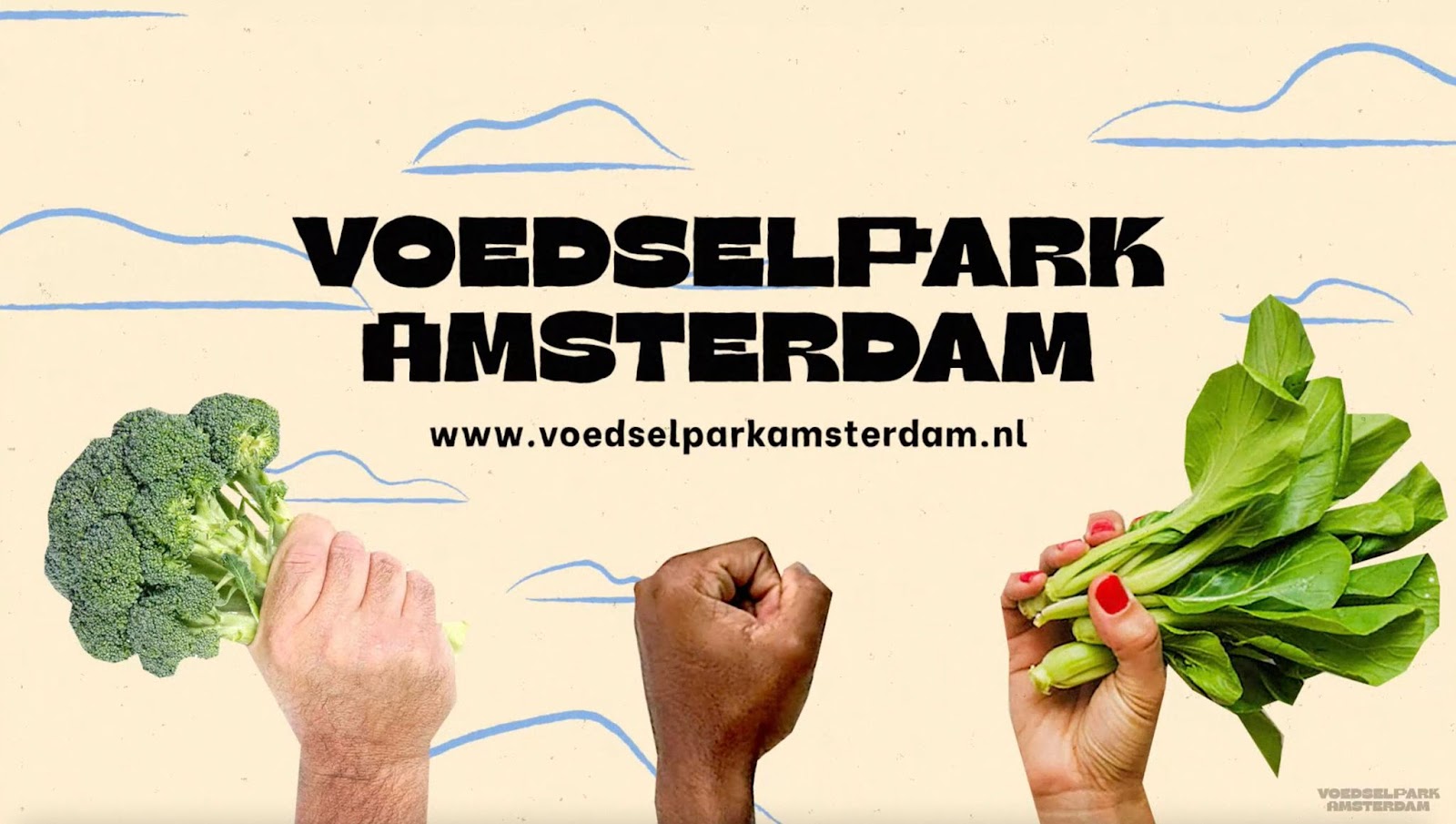
‘Lutkemeer’ (meaning little lake) is 43 hectares of farmland on the western edge of Amsterdam and constitutes the last piece of fertile soil in the city. Unfortunately this unique historical and organic soil is in danger. There are plans to turn it into a business park for massive distribution warehouses.
Voedselpark Amsterdam was created in response.
This citizens’ initiative aims to protect the last fertile soil and create ‘Voedselpark Amsterdam’ (Amsterdam Foodpark). It has become symbolic of people’s desire for a nature inclusive city and is opposing the globalised fossil fuelled consumer economy. Not only will it provide affordable healthy food, but it will inspire and demonstrate the importance of an urban regenerative food transition. It seeks to activate citizens to convert places in the city and the countryside into local ‘commons’ where regenerative forms of agriculture can take place. At the same time, its creating a place for people to recreate and learn about agriculture, sustainability and biodiversity and work towards a green, inclusive, regenerative economy.
The shortlisted projects for this category are:
| Mycorama | Greece | http://instagram.com/mushrooms.selianas |
| Green Shoots Resources Organization | Cambodia | https://greenshootsfoundation.org |
| Nourish All | Uganda (from US) | www.nourishall.org/changetheparadigm |
| La finca | Morocco | https://be.linkedin.com/company/la-finca-agroecology?trk=public_profile_experience-item_profile-section-card_subtitle-click |
| Taniala Regenerative Camp | Madagascar | www.facebook.com/TanialaRegenerativeCamp |
| teKio | Mexico | |
| Vanaspati Bhasha | India | |
| AMORA – Associação d@ Morador@s do Rio Almansor | Portugual | https://opencollective.com/amora |
| Fundo Abraço | Brasil | https://fundoabraco.com.br |
| Debasmita Ghosh | India | |
| Voedselpark Amsterdam | The Netherlands | https://voedselparkamsterdam.nl |
| Sesaka Indigenous Batwa Farmers Group Project | Burundi | |
| Tātānaki | Tonga | |
| SGGIMA | Sierra Leone | https://sggima.com |
| Beejvan | India | www.instagram.com/beejvan/?hl=en |
This prize is for young (1-5 years old) community groups, organisations, networks and businesses that have a proven track record and which are seeking more funding to expand or develop their work in improving ecological and social systems.There are at least three prizes in this category, with each being awarded £20,000.
An example of an organisation shortlisted in the Young category is:
Perfect Village Communities is a social enterprise based in Burundi, working especially in rural communities. It was founded in 2020 by a nurse who noticed the direct impact of environmental degradation on the community’s health, as people struggled to meet the cost of healthcare. PVC’s vision is a healthy planet for a healthy community.
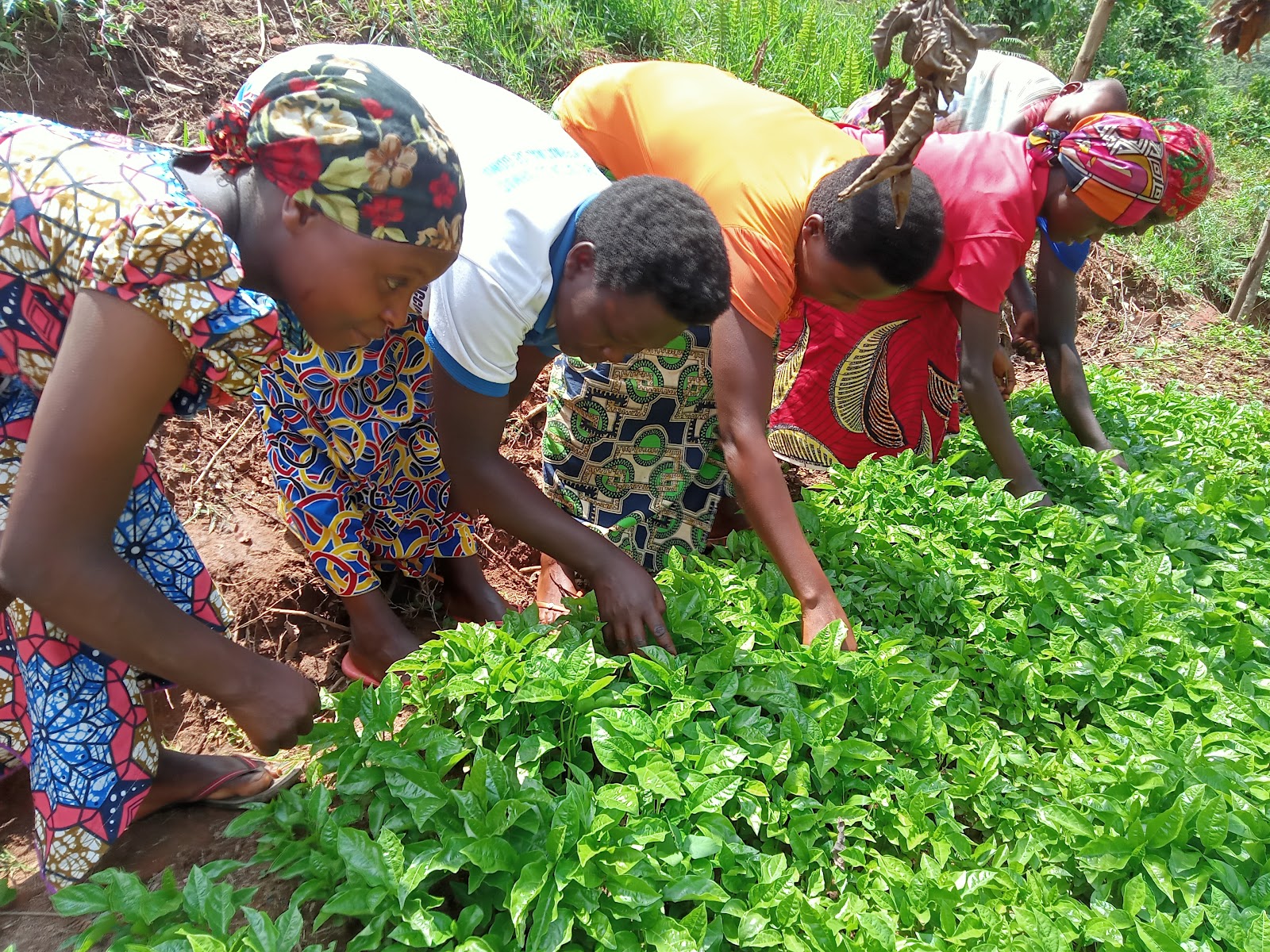
The shortlisted projects for this category are:
| Khetee | India | www.khetee.org |
| Sporos Regeneration Insititute | Greece | http://sporosinstitute.org |
| Organización Waorani de Pastaza (OWAP) | Ecuador | www.facebook.com/Waorani |
| Perfect Village Communities “PVC” | Burundi | www.perfectvillage.bi |
| Cabarete Sostenible | Dominican Republic | www.cabaretesostenible.org/en |
| Forests Without Frontiers | Romania (UK) | www.forestswithoutfrontiers.org |
| Middle Ground Growers CIC | UK | www.middlegroundgrowers.com |
| Agro-Perma-Lab Foundation (APLab) | Poland | https://agropermalab.org |
| Instituto Janeraka | Brasil | www.janeraka.org |
| Associação Terra Sintrópica | Portugal | www.terrasintropica.com/en |
| Cooperativa Agropecuaria de Servicios Tonanzintlalli R.L | Nicaragua | https://dyasica.com |
| RWAMWANJA RURAL FOUNDATION LTD | Uganda | https://rwamwanjarural.website2.me |
| Meli Bees Network gUG | Brasil (Germany) | www.meli-bees.org |
| Rocciaviva | Italy | www.rocciavivamatera.it |
| Dularia | India | https://dularia.org |
This category is for established community groups, organisations, networks and businesses that have worked successfully for more than 5 years. It aims to spread awareness of their work and inspire more people to start their regenerative journeys.
There are at least two prizes in this category, with each being awarded £25,000.
An example of an organisation shortlisted in the Established category is:
School of the Earth (SoE) was founded in 2009 in Greece with the aim to inform, educate, inspire and support people to redefine their needs and redesign their lives, for the transition to a regenerative future.They have designed and established regenerative land-based projects and off-grid renewable energy systems for farms, businesses, refugee settlements and remote communities – across Greece and abroad.
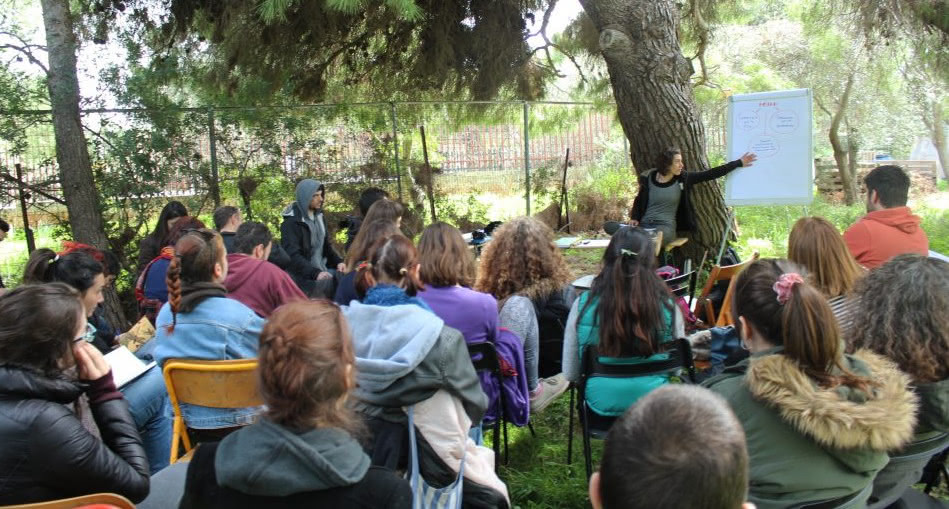
The shortlisted projects for this category are:
| Himalayan Permaculture Centre | Nepal | www.himalayanpermaculture.com |
| NGO ‘ Permaculture in Ukraine’ | Ukraine | https://permaculture.in.ua/index.php/en |
| Drylands Natural Resources Centre (DNRC) | Kenya | https://dnrckenya.co.ke/wp |
| School of the Earth | Greece | https://neaguinea.org |
| Viracocha (Fundacion para el Desarolloo Alternativo Viracocha/Viracocha Foundation for Alternative Development) | Colombia | www.fundacionviracocha.org www.viracocha-ev.de |
| Alam Sehat Lestari (ASRI) | Indonesia | www.alamsehatlestari.org |
| The Cultural Conservancy | US | www.nativeland.org |
| Deccan Development Society | India | www.ddsindia.com |
| Jupago Kreká Collective | Brazil | www.instagram.com/caxoxukuru |
| Fundación Lurgaia Fundazioa | Spain | https://lurgaia.org |
This category seeks to support those that are changing the context in which we are all working; who are helping to build and strengthen the regenerative movement. It is for local, national or international organisations and networks that have a core focus on campaigning or lobbying to influence policy, regulation or public opinion in support of regeneration.
There are at least two prizes in this category, with each being awarded £25,000.
An example of an organisation shortlisted in the Influence category is:
FEASTA is a foundation based at the Cloughjordan Ecovillage in Ireland. It has active members in 11 countries, and its work often has an international focus. FEASTA recognises the enormous power of narrative and of the arts in bringing about change. The name ‘Feasta’, meaning ‘henceforth’ in Irish, is closely associated with an 18th-century poem that expresses profound grief over the deforestation, biodiversity loss and mistreatment of the vulnerable that marked the colonialist period, but also ends with an affirmation that when the situation improves again there will be “dances in long circles and bonfires and violin music”.
FEASTA’s mission is to identify the characteristics (economic, cultural and environmental) of a truly sustainable society, articulate how the necessary transition can be effected, and promote the implementation of the measures required for this purpose. It does this through conferences, workshops, by publishing relevant content and discussion papers.
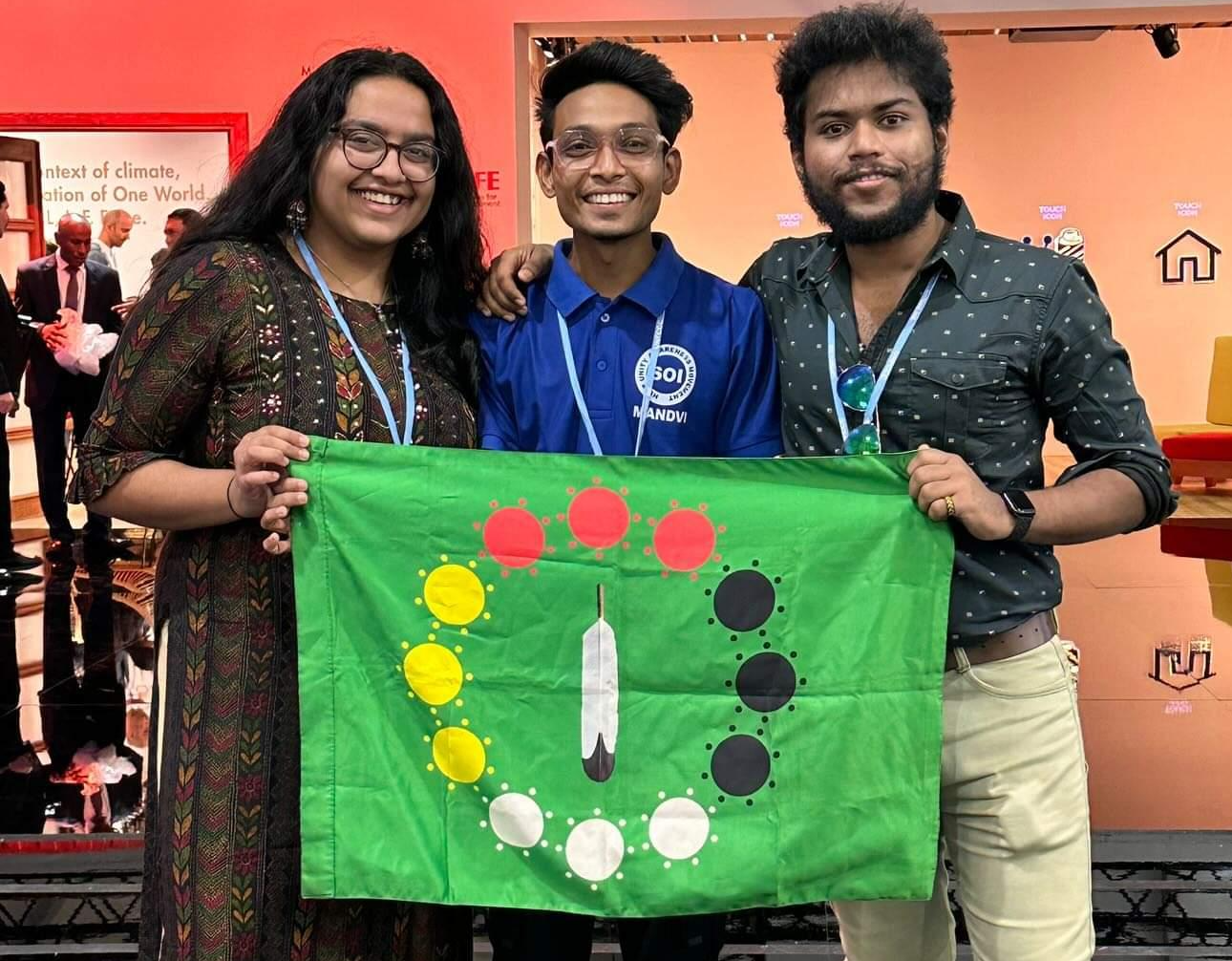
The shortlisted projects for this category are:
| Rawa Fund (working under fiscal sponsor Middle East Children’s Alliance, a US non-profit) | Palestine (US fiscal sponsor) | www.rawafund.org |
| European Coordination Via Campesina | Belgium working across europe | www.eurovia.org |
| Six Inches of Soil | UK | www.sixinchesofsoil.org |
| Institute Yorenka Tasorentsi | Brazil | https://yorenkatasorentsi.org/index.php |
| Tree Talk Plus | Uganda | www.fmnrnetworktuganda.org |
| Ethos Fellowship at Permaculture Education Institute | Australia working internationally | https://permacultureeducationinstitute.org |
| Feasta: the Foundation for the Economics of Sustainability | Ireland | www.feasta.org |
| Think Like A Tree | UK | www.thinklikeatree.co.uk |
| Size of Wales | UK | https://sizeofwales.org.uk |
| Eco House Global | Argentina | https://ecohouse.org.ar |
Be The Earth Foundation and Permaculture Magazine have partnered with the 2023 Lush Spring Prize to add two collaborative prizes: The Ancient and Indigenous Wisdom Award for the second year running and the Permaculture Magazine Award. Both are separately funded and have their own judging panel.
Run in partnership with Be The Earth Foundation, this award seeks to recognise and celebrate ancient knowledge and wisdom. In a world shaped by (historic and current) oppressive colonial and patriarchal structures, this award honours the necessity and relevance of traditional and ecological knowledge, as well as ancestral and indigenous nature-based practices. Prize recipients will share an amount of £21,000, provided by Be The Earth Foundation and LUSH.
An example of an organisation shortlisted in the Ancient and Indigenous Wisdom category is:
Ashiniawka – Asociación de Mujeres Sapara (Sapara Women’s Association) is an association of indigenous Sapara women in Ecuador. It has been working to defend the Amazon, and the rights of indigenous peoples and women, for more than ten years.
Ashiniawka and its founding partners are an international example of what it means to be guardians of the Amazon forest, stopping the advance of oil companies and promoting alternative initiatives to extractivism.
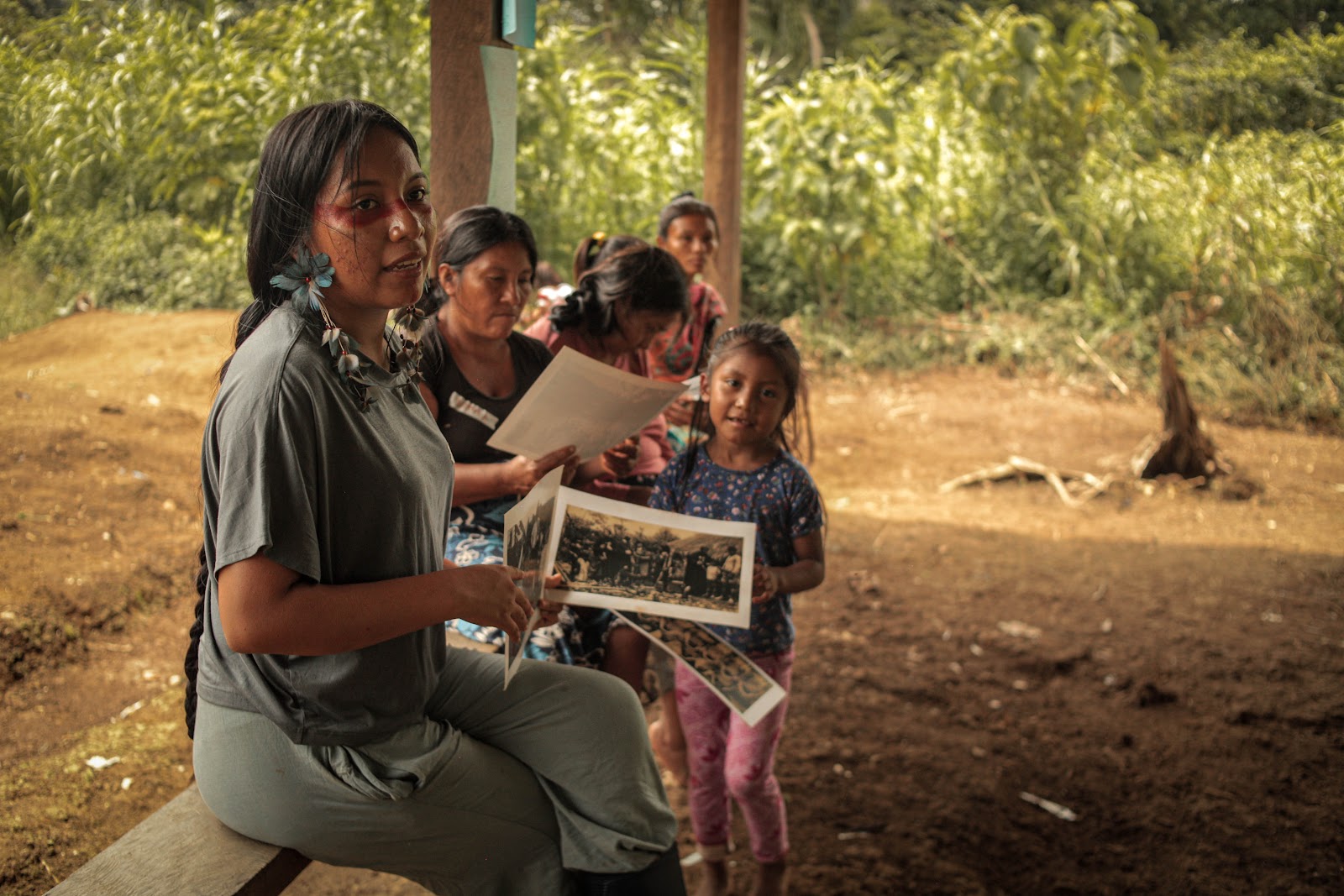
The shortlisted projects for this category are:
| Associação Rede de Sementes do Xingu | Brazil | www.sementesdoxingu.org.br |
| Reviveolution (Empowerment Works dba Reviveolution) | Peru (from US) | www.reviveolution.net |
| Tribes and Natures Defenders Inc. | Philippines | www.tribes-natures-defenders.org |
| Ashiniawka- Asociación de Mujeres Sapara (Ecuador) | Ecuador | https://ashinwaka.wordpress.com |
| The Mulokot Foundation | Suriname | https://mulokot.com |
| Tuq’tuquilal, centro regenerativo | Guatemala | www.tuqtuquilal.com |
| Resguardo Indígena Musu Runakuna | Colombia | https://musuresguardo.wixsite.com/musu-runakuna/en |
| Munanai | South Africa | N/A |
Run in collaboration with the Permaculture Magazine, this award is for individuals, communities, businesses, groups and organisations that can demonstrate inspirational permaculture work over three years or more. Prize recipients will share an amount of £15,000.
It is looking for permaculture projects that are regenerating damaged land; enhancing habitat and biodiversity; helping people to gain practical and community skills; adding value to produce and developing local economies; building community, creating social glue and greater economic resilience; modelling new ways of cooperating and new cultural paradigms.
An example of an organisation shortlisted in the Permaculture Magazine Award is:
NILE Journeys work unfolds through community hubs across Nile Basin countries. There are currently eight hubs, and they are expanding.
Communities across the Nile Basin suffer inequalities and limitations in their natural, human, or technological well-being, which renders them vulnerable to climate change and its effects. The word NILE refers not only to the Nile’s energetic field of the majestic river but also serves as an acronym for what the platform aims to do “Nurturing Impulses for Living Ecosystems”.
The NILE Journeys vision is to nurture life-affirming actions in the Nile bio-region through participatory and experiential learning spaces rooted in indigenous knowledge and regenerative practices.

The shortlisted projects for this category are:
| The Lions’ Gate Garden at Edinburgh Napier University | UK (Scotland) | https://blogs.napier.ac.uk/thelionsgate |
| Tejiendo Futuros ONG | Guatamala | https://tejiendofuturos.org/en/inicio-eng |
| Sol Laug Havens CIC | UK | https://slhavens.co.uk |
| Nile Journeys | Nile Basin (various) | www.nilejourneys.org |
| The Other Dada | Lebanon | https://theotherdada.com/en |
| Bioregional Weaving Lab (Waterford) | Ireland | https://giy.ie/programmes/bioregional-weaving-lab |
| The Rewild Project | UK | www.therewildproject.com |
| Komunidad Kolinda | Mexico | https://kolinda.oaxacasierrasur.com |
| Groundswell International, Inc. | Various (US based) | www.groundswellinternational.org |
| Habiba Organic Farm (Habiba Community) | Egypt | www.habibacommunity.com/agriculture |
| Unidos Social Innovation Center | Uganda | www.projectunidos.org |
A celebration and several skill sharing events will be held in May 2023. These events seek to celebrate the work of prize recipients and shortlisted projects, whilst creating spaces for peer learning, where groups can share effective practice with one another and network in a safe and supportive space. The 2023 Spring Prize recipients will be publicly announced during this time, having been decided by a diverse panel of judges.
The Spring Prize judging panel is made up of people drawn from a diverse range of movements that represent regenerative design, permaculture, food sovereignty, transition towns, biomimicry, eco-village networks and various social justice movements. Each prize cycle a ‘Lush Customer Judge’ and ‘Lush Staff Judge’ are also selected to act as additional independent members of the judging panel. You can read more about the judges here: Spring Prize Judging Panel.
Alongside the peer-to-peer learning event and prize ceremony, shortlisted groups often continue their relationship with Lush, Ethical Consumer, media partners and fellow regenerative projects in other ways. For example, regenerative farming communities have sold surplus produce to Lush to use in their products; a regional event was held in East Africa to support further networking and skill sharing amongst projects, and some projects have written articles for Ethical Consumer Magazine. A couple of new collaborative projects have also emerged over the years: Regenerosity and Re-Alliance.
Regenerosity is a partnership between the Lush Spring Prize and the Buckminster Fuller Institute’s (BFI) Fuller Challenge, and other partners. It’s driven by the inspiration of seeing the thousands of applicants from across the world doing the planet’s most important work of regeneration. Regenerosity welcomes all shortlisted Spring Prize applicants, with their consent, into a network that aims to source further funding and resourcing for them. Regenerosity connects regenerative projects to funders, and also flows funds through from generous donors. In doing so, it aims to move as much capital as possible over the next ten crucial years in support of the regenerative movement.
For more information, visit www.regenerosity.world
Re-Alliance is a network of regenerative practitioners working in the humanitarian and development sectors. Re-Alliance asks the question, how can we create resilience and abundance, even in times of crisis? The organisation acts as a network convener for grassroots practitioners, and also has been contracted by several humanitarian agencies to host Permaculture and Regeneration capacity building programmes, and peer-to-peer learning sessions.
For more information, visit www.re-alliance.org
£200,000 for Regenerative Projects Transforming Community and Landscapes
Permaculture Tools to Transform Soil: mulch, green manure, compost & multi-cropping
The Permaculture Magazine team have been publishing books and magazines since 1992.
Their YouTube channel www.youtube.com/PermacultureMagazine shares a range of videos from no dig organic gardening and food forests, to regenerative farming and keeping bees.
